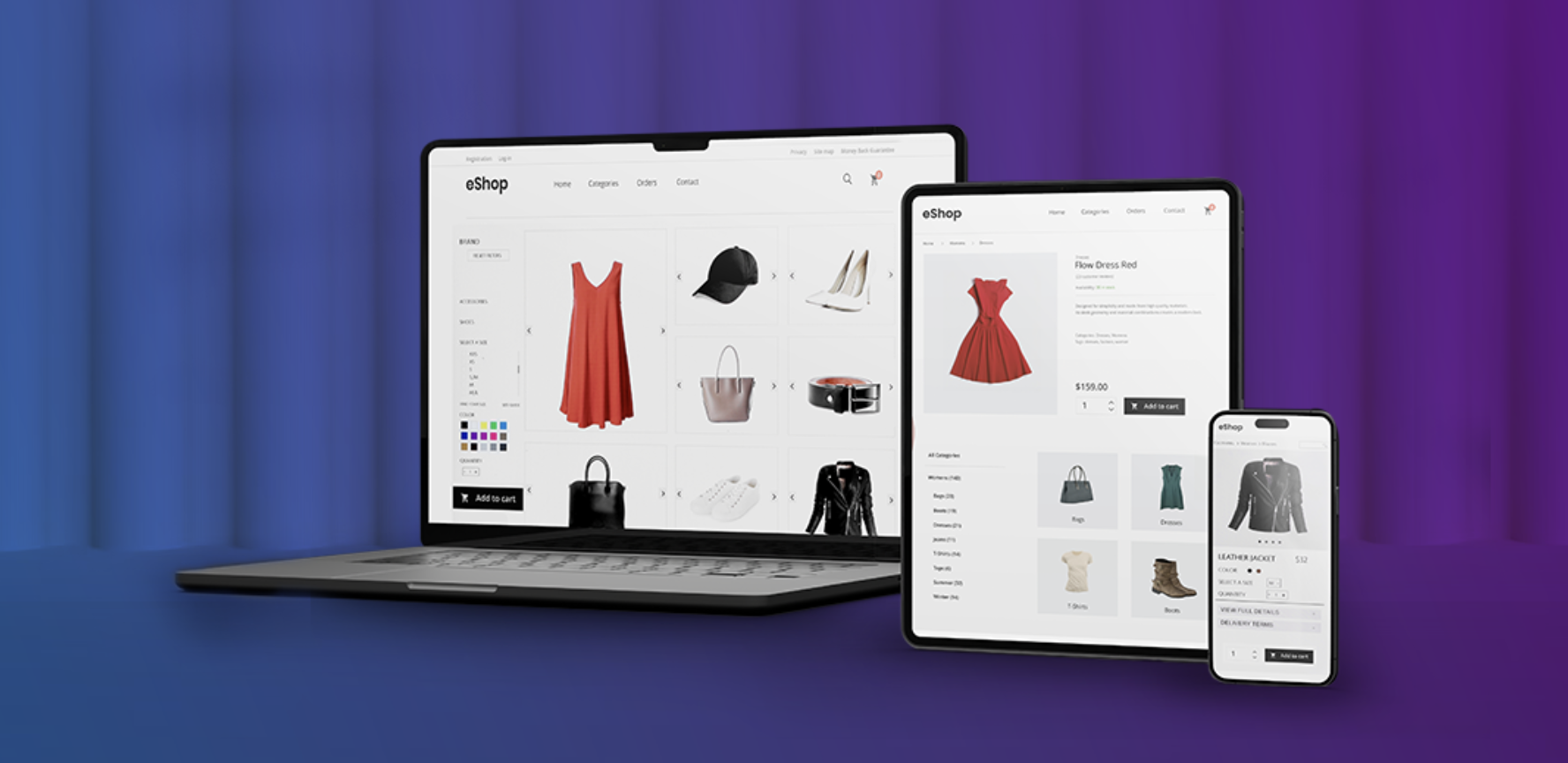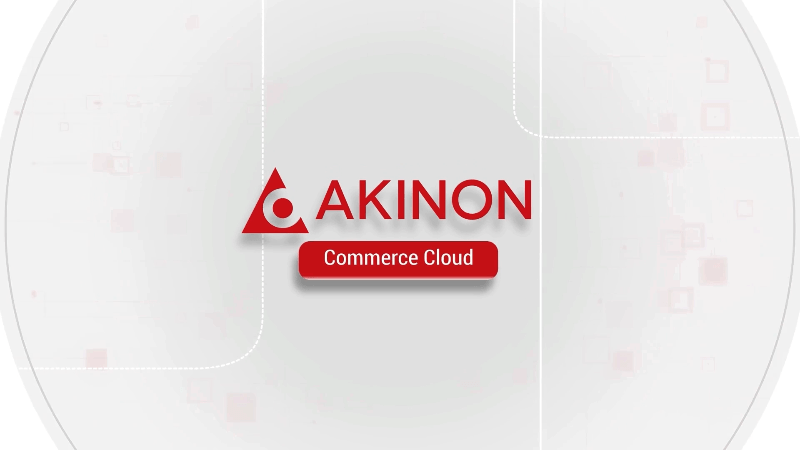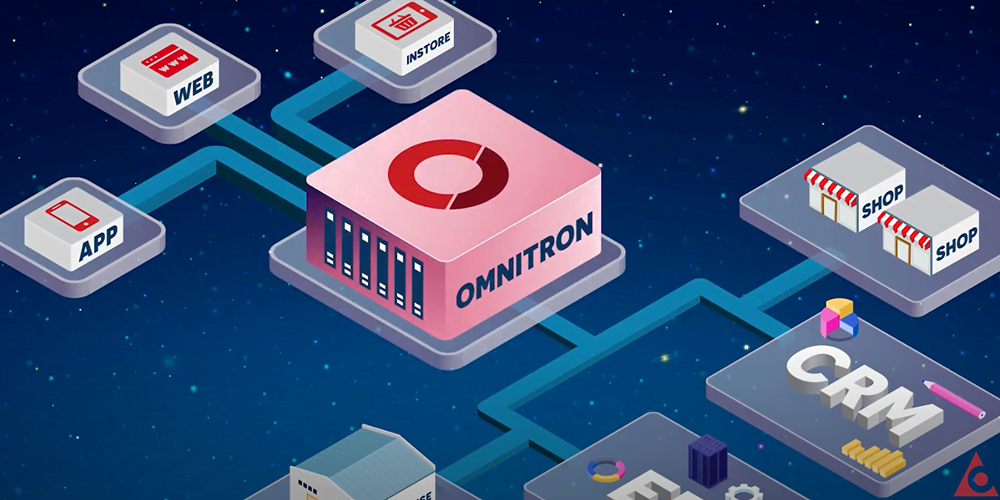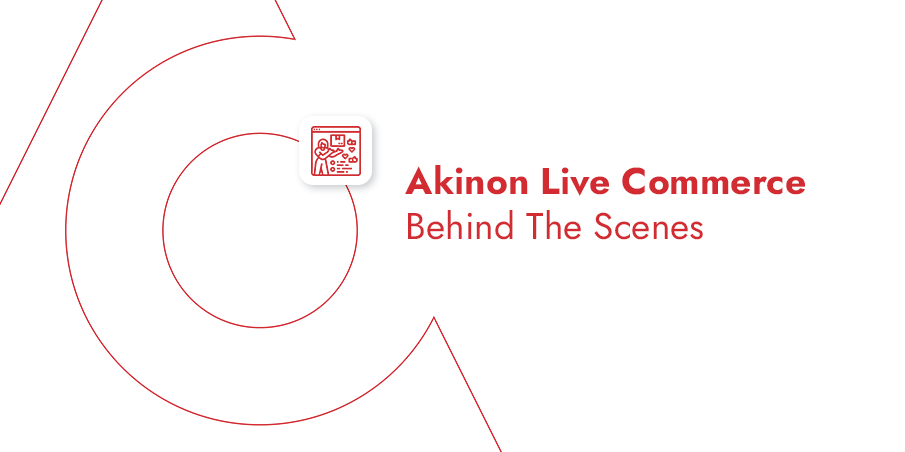HR as stakeholders—and beneficiaries—of unified commerce platforms

On the face of it, retail HR managers do not seem the obvious beneficiaries of—or even key stakeholders in—a unified commerce platform. However, it’s worth examining a few assumptions, because they can actually reap some significant advantages from investments in this area.
Facing the Challenge
HR managers in retail face some pretty serious challenges. First, there are often high turnover rates in retail organisations. Customer-facing jobs also require good customer service skills—and dealing with retail customers is not always easy. Taken together, these factors make it hard to retain experienced staff and a diverse workforce. That leads to higher recruitment costs and poorer customer experience.
This, in turn, can create even more of a vicious cycle, as new and inexperienced staff are required to deal with potentially unreasonable customer demands. In some cases—even with consistent compensation policies and good management—this can lead to retail workers seeing their jobs as unrewarding or unfulfilling. They may then become less engaged in their work, which can lead to poorer customer service—and therefore poor customer satisfaction. HR managers are ultimately responsible for finding ways to motivate staff and keep them engaged.
One way to show staff that they are valued is to invest in them—and providing training is a key part of the HR role. This needs accurate analysis of the soft skills training needs of employees, including on customer management and stress management. It also means providing suitable training on a regular basis. HR managers are also responsible for creating a safe workplace, by developing safety protocols, and delivering suitable training to prevent handling injuries, slips and other accidents. Ensuring security in customer-facing roles is also important. Done right, delivering a safe workplace can be part of ensuring that staff feel motivated and supported, and can create a positive work environment. This, in turn, can help with both recruitment and retention of experienced staff.
Finally, HR managers must consider seasonal fluctuations in demand. Periods like Christmas and sales might require extra staff. Scheduling and staffing effectively, including building up experienced capacity, is difficult. Unexpectedly, some retail organisations are finding that implementing a unified commerce platform can actually help with many of these HR issues.
How Unified Commerce Can Help
Many retailers have a very clear purpose in introducing a unified commerce platform: to break down silos and build a more connected organisation. HR managers have a key part to play in that objective, but also benefit from the outcomes.
What is HR’s role in implementing a unified commerce platform? One key element is the provision of training and support to ensure that everyone can do their jobs, and this may include training in new systems or new ways of working. HR managers can bridge departments like sales, marketing and IT, bringing everyone together to talk about how to manage the change, and provide the necessary training.
They can also facilitate workshops and take a role in building strong communication channels. These will ensure that everyone understands the goals of unified commerce, and any relevant changes in processes and workflows. Good communication channels will also make it easier to explain how each role contributes to the business’s success. This, in turn, plays a part in building a more open culture, which encourages employees to share feedback and concerns. This is where HR becomes a genuine stakeholder in unified commerce: this type of culture tends to lead to more employee engagement, and therefore helps to deliver against one of the key HR challenges.
There is another benefit to building this type of culture: it supports employee advocacy and employer branding. These both support better recruitment and retention, and are therefore key issues for HR managers. Employer branding can be increased by creating engaging content that showcases the company culture and employee experience—and employees may even share it and discuss it positively on their own social media platforms. Social media integration with the platform may also lead to greater employee advocacy, and this is likely to attract high quality talent. A good work environment is an important issue for potential employees, so demonstrating it up-front is attractive—especially when you also have social proof.
Building a Data-Driven Culture
A unified commerce platform can also be a stepping stone towards building a data-driven culture within a retail organisation. Here too, HR has an important role to play and is also a beneficiary. A unified commerce framework can provide metrics that are important to HR, such as turnover rates linked to roles, and employee engagement. Bringing HR managers into discussions about the use of the unified commerce platform can ensure that the right metrics are included and available. This will ensure that HR managers are strong champions of the platform. Many unified platforms also provide data that links recruitment channels or methods with sales success. This provides information about which channels result in the best talent being recruited, improving HR efficiency.
HR managers can also use the platform as a communications channel, again increasing efficiency. Policy updates, training materials and company news can all be shared across channels to which everyone has access, including in-store and online portals. This ensures clear and fair communication—but also makes HR into a stakeholder in the platform’s success. Similarly, a unified commerce platform can be used to support onboarding of new employees, as a portal to information.
Increasing Operational Effectiveness
There are therefore various ways in which HR managers can get involved in the use of a unified commerce platform—and reap the benefits. By doing so, they can become key stakeholders in the success of a unified commerce strategy. It should be clear that a unified commerce platform can contribute to a more efficient and attractive workplace, ultimately improving the talent pool and employee retention. However, HR managers can also use this type of platform to move far beyond traditional HR tasks. Ultimately, they can take a more strategic role in fostering a collaborative and data-driven culture that fuels operational effectiveness for the business.






